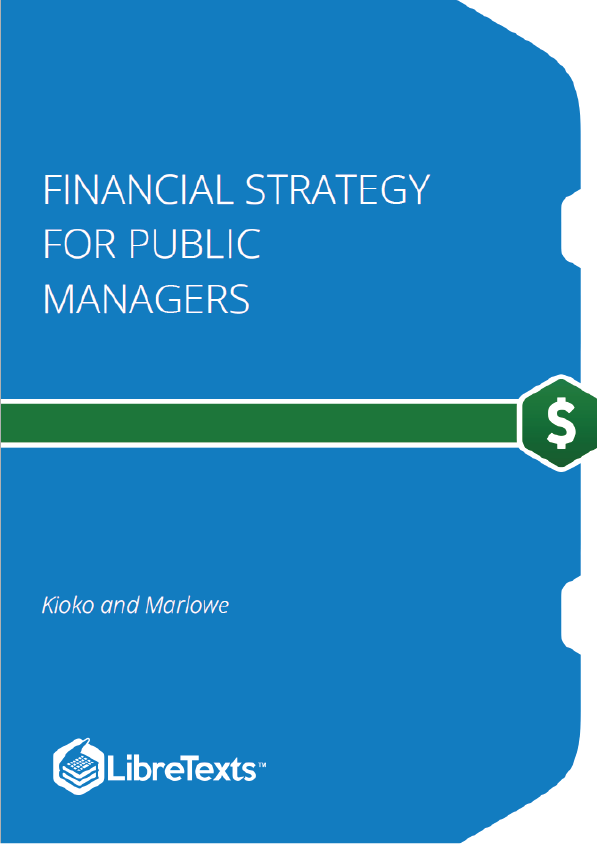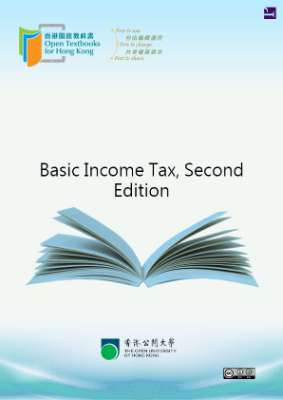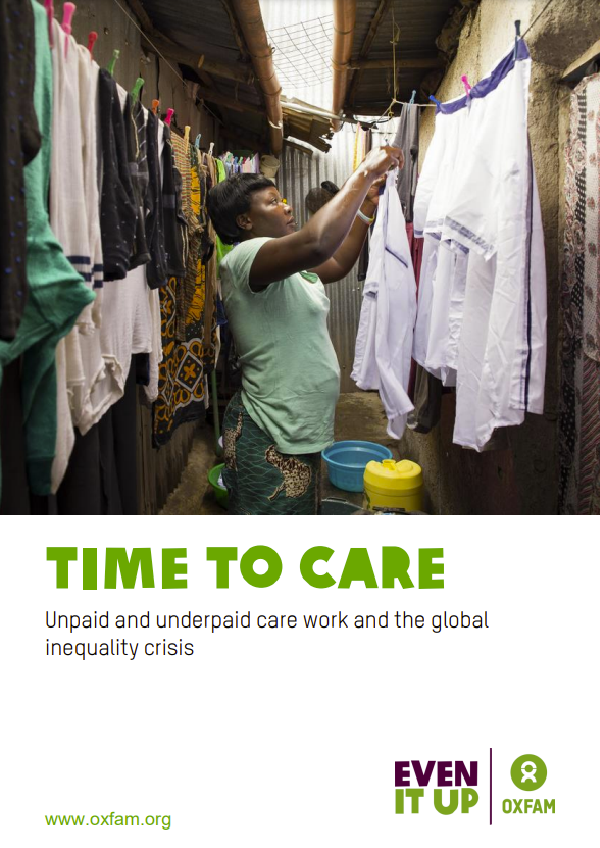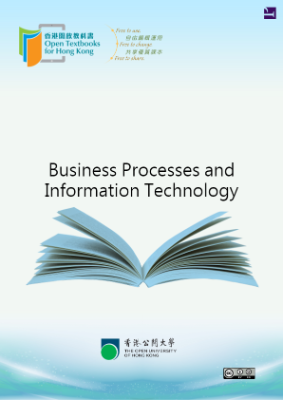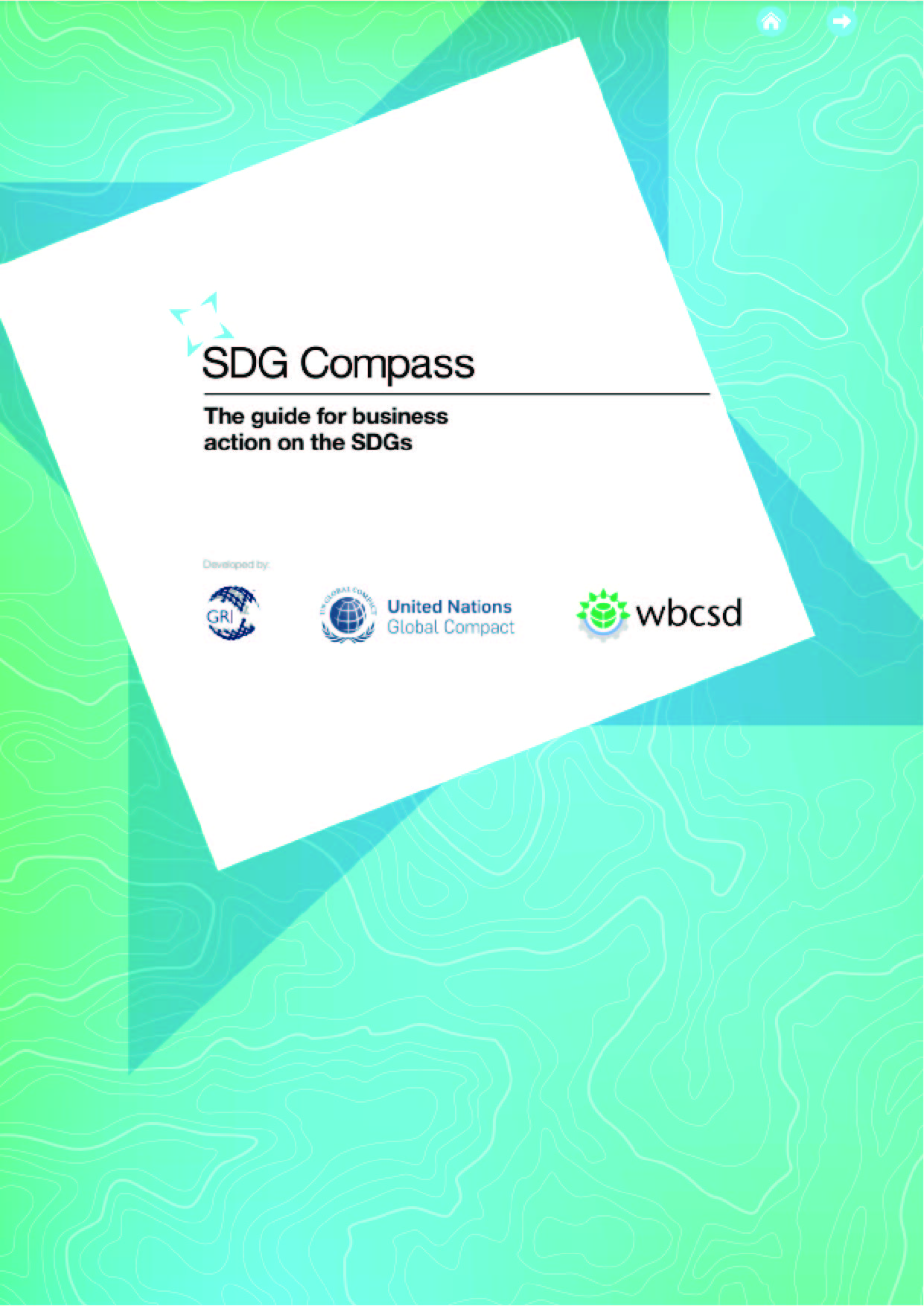In late 2015 Mark Zuckerberg, founder of Facebook, launched a plan to give away most of his $45 billion fortune. Along with his wife Priscilla Chan, he announced the creation of a philanthropic organization known as the “Chan-Zuckerberg Initiative.” This “Initiative” defies conventional labels. At one level it’s similar to a traditional non-profit organization. It can deliver social services, participate in public policy debates, and partner with other non-profits. It’s also like a traditional philanthropic foundation, with plans for grant-making in areas like education reform in the US and clean water in developing countries.
But the Initiative is also decidedly non-traditional. It’s organized as a for-profit limited liability corporation. That means when it wants to, it can do many things non-profits and governments can’t. It can invest money in other for-profit entities. It can fund election campaigns. It can manage and invest money on behalf of other non-profit and for-profit organizations. So the important question around Chan-Zuckerberg is not what will it do, but rather, what won’t it do? With $45 billion at its disposal, and few if any limits on how to spend it, the possibilities are endless. Some are calling this “philanthro-capitalism.” Chan-Zuckerberg is the largest and most visible recent example. But there are many others. If you’ve ever bought a sweater at Patagonia, worn a pair of TOMS shoes, or used a shot of insulin from by Novo Nordisk, you’ve participated in philanthro-capitalism. These are all for-profit companies with a social purpose hard-wired into their mission. This also works from the other direction. Strange as it sounds, IKEA – whose founder Ingvar Kamprad was once the wealthiest person in the world – is controlled by a charitable family foundation.
Maybe you didn’t think public finance has anything to do with cat videos, Fair Trade Certified™ fleece vests, or the FJÄLKINGE shelving unit. Turns out it does.
Philanthro-capitalism brings the glamour and prestige of big business to the decidedly un-glamorous work of feeding the hungry, housing the homeless, and the other essential efforts of governments and non-profits. That’s important. But even more important, it’s forced us to re-think what it means to manage “public” money.
Showtime’s hit show “Billions” is the story of a hedge fund that operates in the shadowy underworld of finance. That fund – known as Axe Capital, for its founder Bobby Axelrod – will do anything to turn a profit. It’s traders buy and sell stocks on inside information, bribe regulators, and spread market-moving rumors, among many other nefarious tactics.
Season 2 features a compelling storyline ripped from the proverbial public finance headlines. Axe learns through a back-channel that the Town of Sandicot, a long-struggling upstate New York community on the verge of bankruptcy, is about to be awarded a state license to open a new casino.
